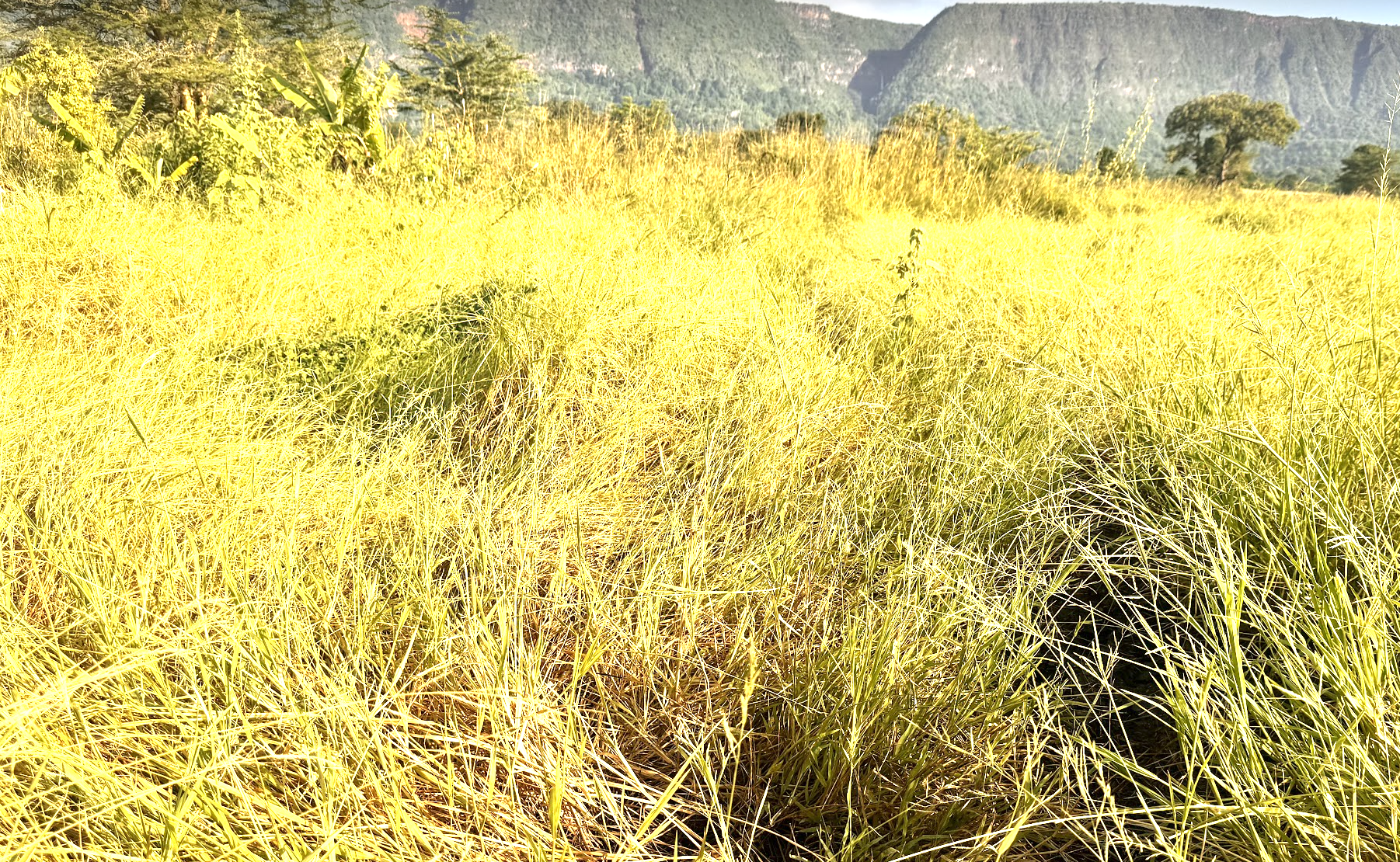Living in a changing climate isn’t easy.
Natural resources, including wildlife, are vital for household resilience.
-
Across the globe, communities living in some of the most biodiverse regions face intense pressure as they grapple with poverty, food insecurity, and a rapidly changing environment. Climate change, economic demands, and restrictive policies on natural resource use place even greater burdens on these populations, who depend on the land, forests, and wildlife for both survival and sustenance. In many areas, the harvesting of natural resources, including bushmeat, serves as a critical lifeline, helping people navigate uncertain times.
However, this reliance on natural resources carries complex risks and rewards. On one hand, resources like bushmeat can provide immediate food security and income, but they may also increase exposure to potential zoonotic diseases and contribute to long-term ecological impacts, such as wildlife decline and deforestation. This delicate balance poses tough decisions and tradeoffs for those who rely on nature the most—decisions that are often made without sufficient political, social, or economic support.
My work explores these issues, focusing on how communities adapt to these pressures, what drives their use of bushmeat and other natural resources, and how they weigh the benefits against the risks. By studying these dynamics, especially as policies and climates continue to shift, we aim to build a clearer picture of how people in vulnerable regions are affected. Our goal is to inform a compassionate, evidence-based approach that supports both environmental sustainability and the well-being of these communities, so they are better equipped to face an uncertain future.
-

Public Health
My research uses a One Health approach, which means we consider the interconnectedness of human, animal, and environmental health. By investigating how communities interact with wildlife for food security and cultural practices, our team seeks to understand how zoonotic disease risks may affect human health. How do people balance the trade-offs between immediate dietary needs and the health risks inherent in contact with wildlife? Using participatory methods, we engage communities to capture local perspectives on disease transmission and prevention, promoting sustainable behaviors that protect health while supporting livelihoods dependent on natural resources.
-

Climate Change
Climate change is reshaping ecosystems and the resources they provide, forcing rural communities to adapt their livelihoods. As climate events like droughts and cyclones disrupt agriculture, people increasingly turn to natural resources as fallback options, which can heighten vulnerability. Our work explores how these adaptive strategies impact both biodiversity and community resilience, focusing on social equity and understanding how people conceptualize and navigate coping strategies in response to environmental stress. By integrating climate risk mapping with local knowledge, we aim to identify sustainable pathways that help communities manage climate impacts equitably while preserving ecosystem health.
